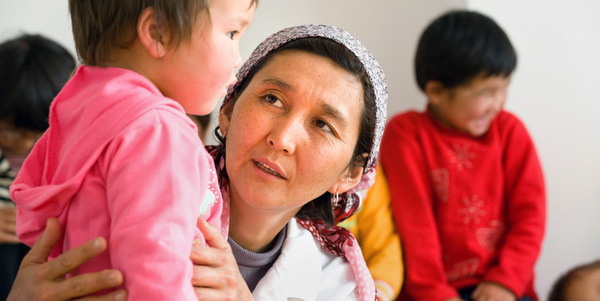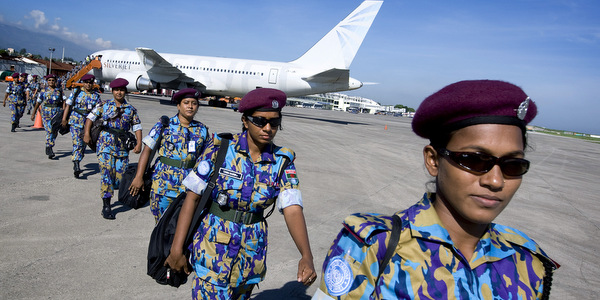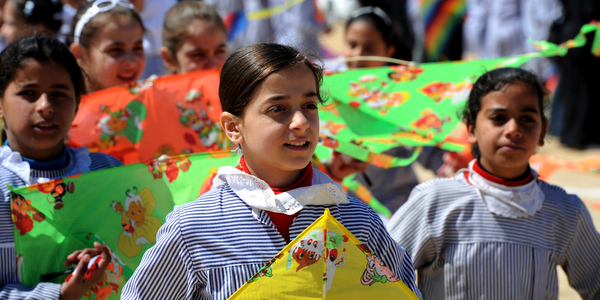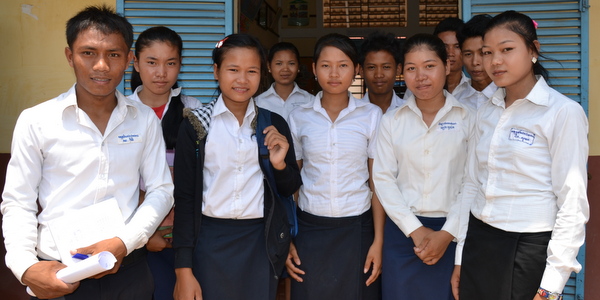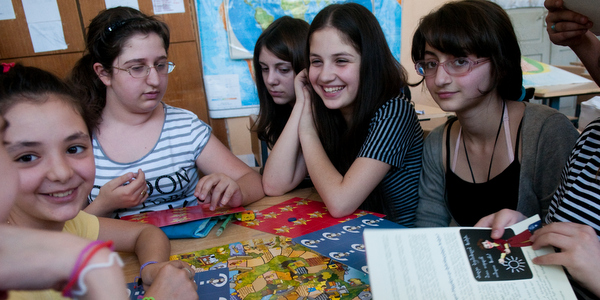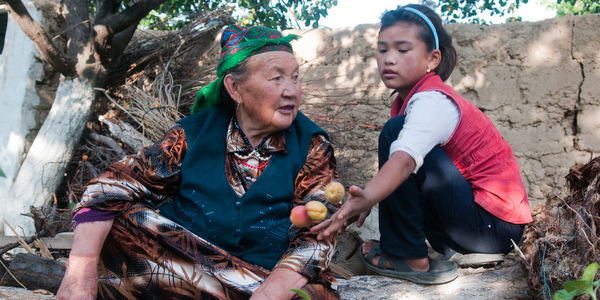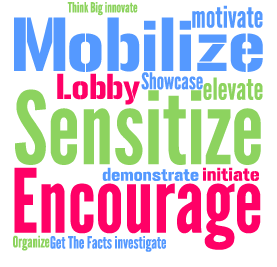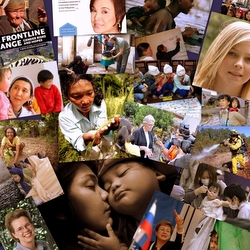The Theme
The theme of the 2012 International Day for Disaster Reduction (IDDR) is "Women and Girls - the [in]Visible Force of Resilience".
Empower women & girls for a safer tomorrow.
- Women and girls are empowered to fully contribute to sustainable development through disaster risk reduction, particularly in the areas of environmental and natural resource management; governance; and urban and land use planning and social and economic planning - the key drivers of disaster risk.
Women & girls are powerful agents of change.
In their vital but unsung roles, women rewove the fabric of their communities while men rebuilt the structure.Helen Cox, "Women in Bushfire Territory," in Enarson and Morrow (eds.), The Gendered Terrain of Disaster, p. 142
- They are activists, law makers, social workers, role models, community leaders, teachers, and mothers.
- They are invaluable in disaster risk reduction and climate change adaptation processes if real community resilience and significant reduction of disaster impacts are to be achieved. Women must always be part of policy, planning and implementation processes.
- They represent roughly half the world’s population and are among the most affected by disasters. Their experience, knowledge and expertise are critical to climate change adaptation and disaster risk reduction strategies and processes.
- Household adaptation measures are more likely to take root if women are included in processes from beginning to end.
A resilient community is a gender-sensitive community.
If we are going to see real development in the world then our best investment is women.Desmond Tutu, 1984 Nobel Peace Prize
- Gender inequality puts women, children and entire communities in danger when natural hazards strike. The weakest link can mean the destruction of the entire chain. Gender inequality is a weak link - strengthening that link strengthens resilience.
- Gender equality begins with education. Women and girls must be included in public life. This begins with the education of boys and girls through to adulthood. This is how men and boys will become involved in removing the barriers that prevent women and girls from participating in the disaster risk reduction cycle.
- Women and girls are effective purveyors of information. Information exchange must be two-way and accessible for equal inclusion of women's and men's voices.
The theme for IDDR 2012 does not imply that women and girls are invisible.
- It is about drawing attention to the fact that their efforts to protect and rebuild their communities before and after disasters are often unrecognized and that 'invisibility' is a socio-cultural construct.
- It is about highlighting that their ability to contribute is hindered by lack of inclusion and poor understanding of gender inequality.
- It is about celebrating the contribution women and girls are making before, during and after a disaster.
- It is about moving beyond the tendency to view and portray women and girls as victims. And even though women and girls feature disproportionately among the casualties of disasters they are 'active victims'.
- It is about stories of action and initiative by women and girls, and it also seeks to shed light on the obstacles that prevent them from participating in Disaster Risk Reduction and Climate Change Adaptation.
The UN General Assembly decided to designate 13 October as the date to celebrate IDDR (resolution 64/200, 21 December 2009). This year it will be observed by UNISDR on Friday 12 October.


